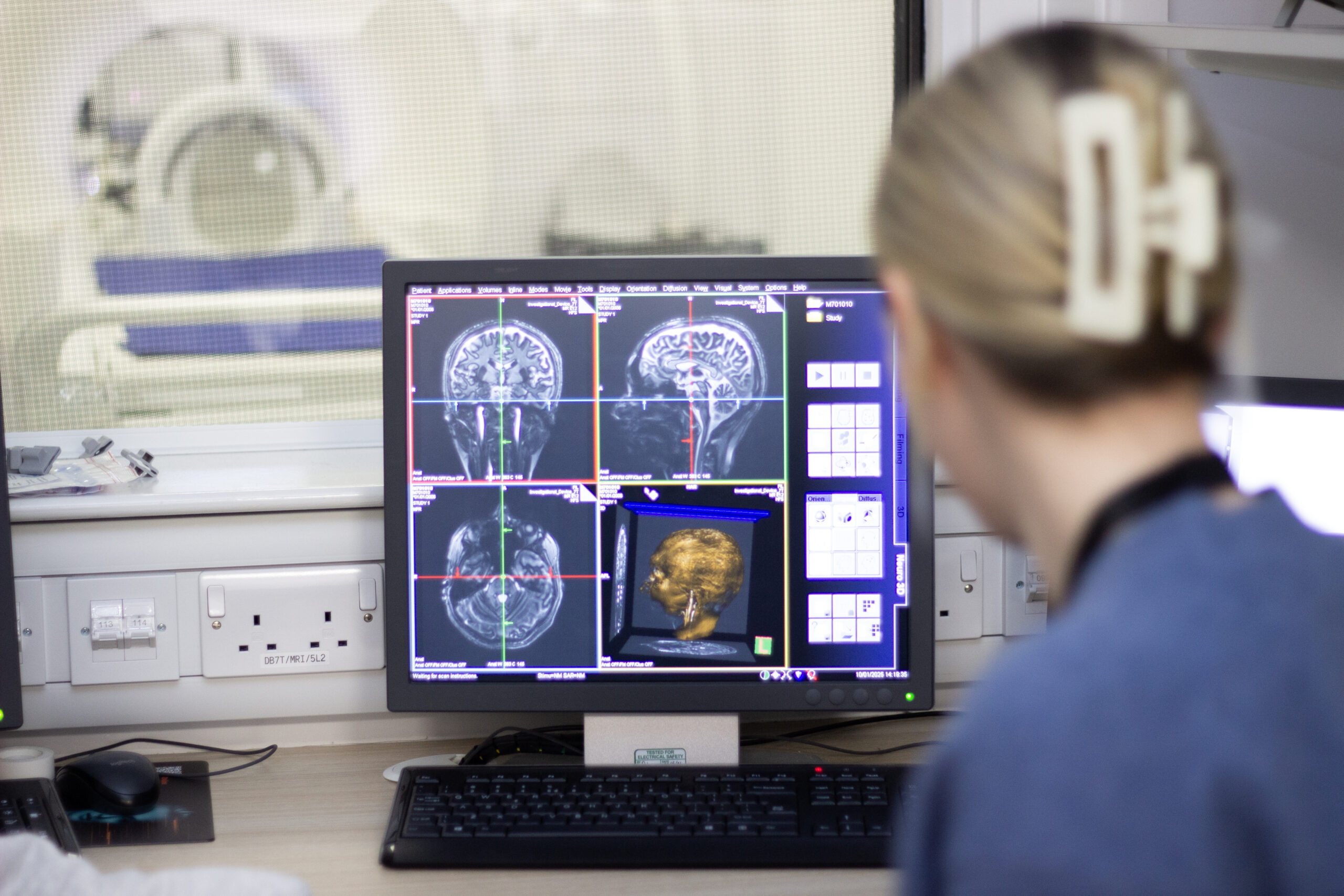Researchers at Durham University are looking into how people with Progressive Supranuclear Palsy (PSP) and Parkinson’s Disease (PD) recognise emotions, especially when those emotions are shown through body language, not just facial expressions.
Both PSP and Parkinson’s are brain disorders that affect movement. However, they can also make it harder for people to interact socially. One reason for this might be difficulty in recognising emotions in others. Previous research has shown that individuals with these conditions often struggle to recognise negative emotions displayed on faces.
This new study aims to expand on that by asking a crucial question: Is this difficulty in emotion recognition only about faces, or does it extend to other ways emotions are expressed, like through body movements? If it’s a broader problem, it would suggest a more widespread issue with emotion recognition.
By studying how well people with PSP and Parkinson’s understand emotions from body language, the researchers hope to gain a better understanding of the social challenges these individuals face. Furthermore, they are looking for differences in emotion recognition between the two groups. This could be incredibly helpful for doctors in making a more accurate diagnosis and potentially distinguishing between PSP and Parkinson’s, especially in the early stages when symptoms can overlap. Ultimately, this research could lead to better support and management for people living with these conditions.
In order to research this topic, the Durham University team is looking for people living with PSP and family members (as healthy controls) aged between 55 to 85 to take part in a research project focusing on emotion recognition. You can take part in this study from home, using a laptop or computer, by completing a task as well as some questionnaires.
To find out more about the study and how you can take part, please contact tia.gandhi@durham.ac.uk






